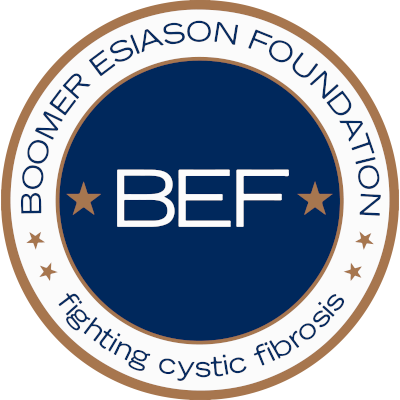In a widely expected move, the U.S. Food and Drug Administration has rejected a drug to treat cystic fibrosis made by Alnara Pharmaceuticals, which is owned by Indianapolis-based Eli Lilly and Co. The FDA has ordered additional clinical trials to further study the drug candidate, called liprotamase.
Liprotamase was originally developed by defunct Cambridge, Mass.-based biotech company Altus Pharmaceuticals, before landing at fellow Cambridge firm Alnara Pharmaceuticals. Alnara was bought by Lilly for $180 million in July 2010, largely on the promise of the potential CF therapy.
In January, an FDA advisory panel gave the potential therapy a negative recommendation, and such opinions are rarely reversed by the FDA as a whole. The panel said Lilly failed to show the effectiveness of the treatment, which is designed to help patients thrive by making it easier to digest food. Supporters of liprotamase in the CF community have said it is a significant improvement over the current standard of care because it requires taking far fewer pills.
The drug candidate is made from a synthetic enzyme, rather than those derived from pigs, which comprise currently approved treatments.
Eli Lilly’s April 15 press release regarding the FDA decision:
Eli Lilly and Company (Lilly) has received a complete response letter from the U.S. Food and Drug Administration(FDA) for its New Drug Application (NDA) for liprotamase, a non-porcine pancreatic enzyme replacement therapy (PERT), under investigation for the treatment of exocrine pancreatic insufficiency (EPI).
The complete response letter communicated the need for Lilly to conduct an additional clinical trial prior to a re-submission.
“Lilly is looking forward to further discussion with the FDA to address the items outlined in the letter and provide the requested information as quickly as possible,” said Eiry Roberts, M.D., Vice President, Autoimmune, Bone-Muscle-Joint, Liprotamase Product Development at Lilly. “We are committed to working with the Agency and the cystic fibrosis community to make this important treatment option available to patients.”
People with EPI have very low levels or none of the key digestive enzymes made by the pancreas – lipase, amylase and protease – in their small intestine, resulting in improper digestion and absorption of fat, carbohydrates and proteins, often requiring treatment with PERTs. EPI occurs very frequently in patients with cystic fibrosis (a life-threatening genetic disorder) and in other diseases including chronic pancreatitis and pancreatectomy.
Sources: Boston Business Journal, Eli Lilly press release
